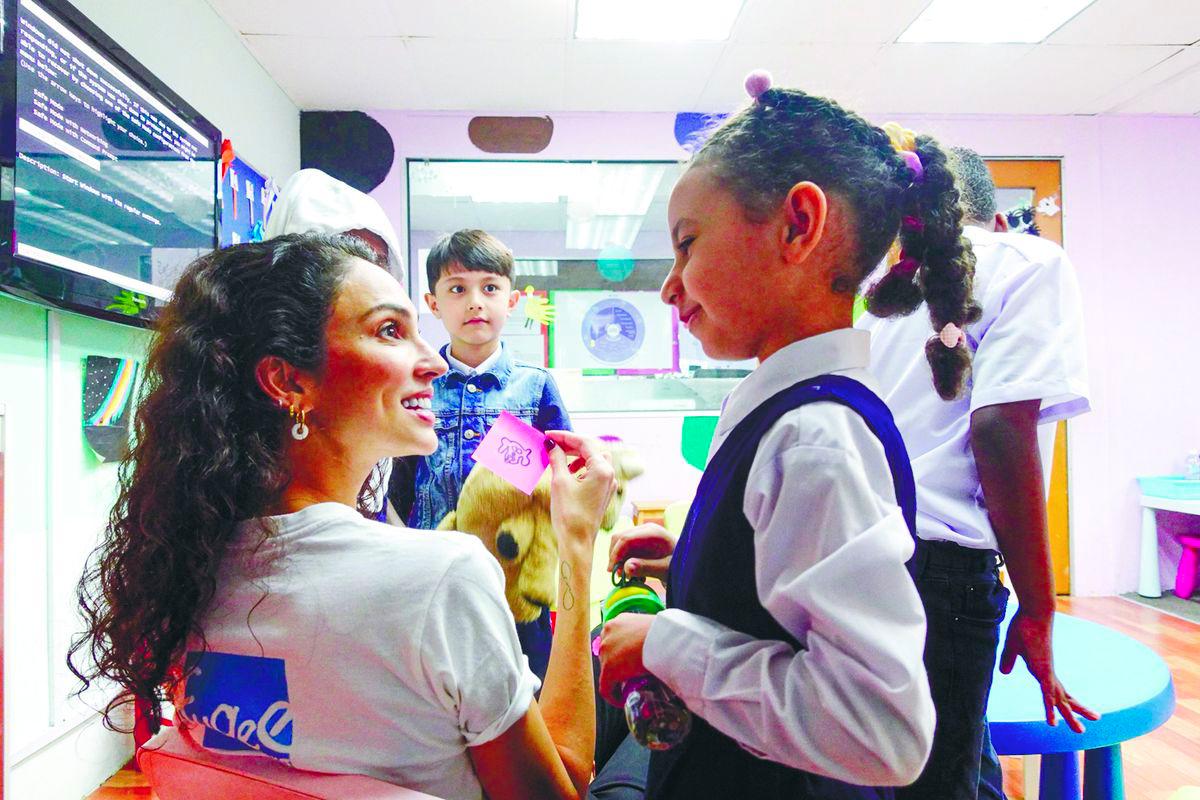MY father left Sri Lanka at the age of ten in 1935, accompanying his maternal uncle in search of better opportunities in Malaya. He never looked back and successfully made a life for himself as a civil servant, after completing his education. He took on Malaysian citizenship when he was accepted into Victoria Institution, KL for his secondary schooling.
So my father was lucky as he entered Malaysia before independence and had the benefit of embracing a well-rounded education. He went on to successfully offer financial support to his family left behind in Sri Lanka.
So today as Malaysians we are faced with a different scenario, where thousands of refugees have entered this country fleeing from either the ravages of war, ethnic cleansing, persecution and other forms of human rights abuse.
What are the rights of these refugees to an education? Do we turn our backs on them and deny them the right to an education? Fortunately, even though Malaysia is not a signatory to the 1951 Refugee Convention and the 1967 Protocols related to the status of refugees, Malaysia respects their right to live in this country and study at privately run community centres, as long as they are registered with the United Nations High Commissioner for Refugees (UNHCR) and hold the UNHCR card.
There are currently 56,000 refugee children of school-going age registered with UNHCR in Malaysia.
Founder of Fugee School
Deborah Priya Henry founded non-profit Fugee School in 2009 and opened its doors to refugee children. Today it has grown from strength to strength, empowering over 700 children in their schooling. They also recently launched a scholarship programme to support refugee youths pursuing university and college education.
“While giving tuition to refugees in 2008, I was really affected by what they were going through, their fear, trauma and also financial hardship, yet they believed in education for their children.
“Hearing about these stories was one thing but listening to their horror stories made me realise how lucky I was. Their circumstances had forced them to come to Malaysia. I realised education was the key and with education, they could navigate their way to a better life.
“Education is the most valuable gift to give anyone and a powerful weapon to change the world,” she said.
Deborah said the biggest challenge they faced at Fugee School was the financial support but most Malaysians were generous in their sponsorship of refugee children and there was support from corporate organisations.
Today Fugee School has forged ahead with its higher education(HiEd) scholarship, supporting 50 over refugee youths in higher education.
“We know the biggest challenge facing refugee youth is enrolment into higher education institutions and the aim of the scholarship is to tackle these issues,” said Deborah, who estimated 200-300 refugee youth are currently registered with private higher education institutions (HEIs).
Fugee HiEd scholarship
Arafat, 22, studied for his Foundation Diploma in Law at a private college in Petaling Jaya and successfully obtained a CGPA of 4.0. He intends to eventually become a lawyer.
“As a refugee, I only entered school in 2015 at the age of 12. I had to begin from grade 1 as I didn’t know English. My second biggest challenge was finances, and at one stage I had to work as a drain cleaner but I faced all these challenges and eventually completed my secondary education,” he said.
According to Arafat, the life changing moment was when he was awarded a Fugee HiEd scholarship to continue his studies at the same private college for his law degree.
“I can continue fighting for my dream to be a lawyer and achieve a better future for myself and my family and for this I thank Fugee School for making my dream a reality,” he said.
Rifka Simran Sameer, 19, completed her ‘O’ levels and was unsure of what to do next. As a refugee her options were limited. Her parents had fled Sri Lanka at the height of ethnic tensions in 2013, and her family had received assistance from Tech Outreach, an NGO dedicated to assisting refugees and also the B-40 community in Malaysia.
Amaravathi Navaratnam, president of Tech Outreach, said they reached out to help Rifka, her mother Ayesha Siraj and also her sibling due to the circumstances of their plight.
Rifka’s father had also passed away upon his arrival in Malaysia.
Today Ayesha runs Butterfly Community Learning Centre for refugee children, which helps pay for her monthly living expenses while benefitting the refugee community. Her two daughters also help out.
Rifka, Ayesha’s eldest daughter, has now been accepted into a private college to complete her diploma in Interactive and Digital Media.
Tech Outreach, through one of its committee members, has paid for her college fees and Rifka said: “More than anything, I want to prove to myself – and others like me – that even if your journey is not perfect, one can still dream of achieving one’s ambition through education,” she added.









